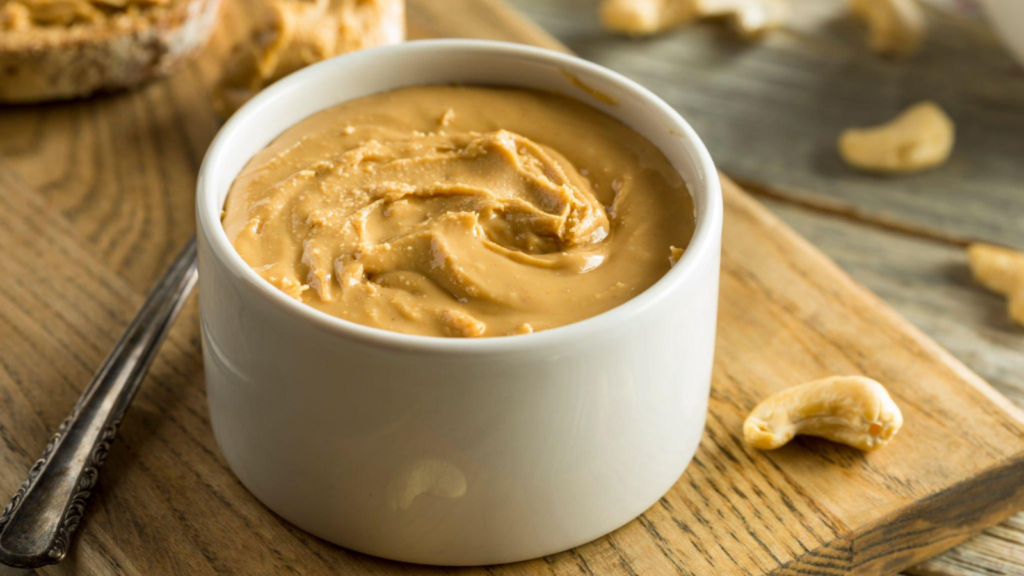Pancakes are a beloved breakfast staple enjoyed by many. But are pancakes healthy? This question often arises in discussions about diet and nutrition. While pancakes can be delicious and satisfying, their health benefits largely depend on the ingredients used and the way they are prepared.
In this article, we will delve into the nutritional aspects of pancakes, examine healthier alternatives, and provide practical tips for making pancakes a nutritious part of your diet.
The Nutritional Profile of Traditional Pancakes
Traditional pancakes are typically made from flour, milk, eggs, sugar, and baking powder. Let’s break down the nutritional content of a standard pancake.
Basic Ingredients and Their Nutritional Value
| Ingredient | Serving Size | Calories | Carbohydrates | Protein | Fat | Sugar |
|---|---|---|---|---|---|---|
| All-purpose flour | 1 cup (120g) | 455 | 95g | 13g | 1g | 0g |
| Milk (whole) | 1 cup (240ml) | 150 | 12g | 8g | 8g | 12g |
| Eggs | 1 large | 70 | 1g | 6g | 5g | 0g |
| Sugar | 1 tablespoon | 48 | 12g | 0g | 0g | 12g |
| Baking Powder | 1 teaspoon | 2 | 1g | 0g | 0g | 0g |
Total Nutritional Overview
Based on a basic recipe, a single pancake (about 4 inches in diameter) typically contains:
- Calories: 90-150
- Carbohydrates: 15-20g
- Protein: 2-4g
- Fat: 2-5g
- Sugar: 1-4g
While pancakes are relatively low in calories, they are primarily composed of carbohydrates, which can lead to spikes in blood sugar levels.
Are Pancakes Healthy? Pros and Cons
Pros of Eating Pancakes
- Quick Energy Source: Pancakes can provide a quick source of energy due to their carbohydrate content, making them a convenient breakfast option.
- Customizable: You can modify pancakes by adding fruits, nuts, or seeds, enhancing their nutritional value.
- Comfort Food: They can contribute to emotional well-being, serving as a comforting and enjoyable meal.
Cons of Eating Pancakes
- High in Refined Carbs: Traditional pancakes are often made with refined flour, which lacks fiber and nutrients.
- Potentially High in Sugar: Many recipes call for added sugars, which can lead to excess calorie consumption.
- Low Nutritional Density: Compared to other breakfast options, pancakes may not provide sufficient vitamins and minerals.
Healthier Pancake Alternatives
If you’re concerned about the health implications of traditional pancakes, there are several healthier options to consider.
Whole Grain Pancakes
Using whole grain flour instead of refined flour boosts fiber content. Fiber helps regulate blood sugar levels and promotes digestive health.
Benefits of Whole Grain Pancakes:
- Higher in nutrients
- More filling, which may help with weight management
Oatmeal Pancakes
Oatmeal pancakes are made with oats, which are rich in fiber and have a lower glycemic index. This means they can help maintain steady energy levels.
Recipe for Oatmeal Pancakes:
- 1 cup rolled oats
- 1 cup milk or milk alternative
- 1 egg
- 1 teaspoon baking powder
- 1 tablespoon honey or maple syrup (optional)
Instructions:
- Blend ingredients until smooth.
- Cook on a skillet until golden brown on both sides.
Protein-Packed Pancakes
Adding protein powder or Greek yogurt to your pancake mix can increase protein content, which is essential for muscle repair and satiety.
Example Recipe:
- 1 cup whole wheat flour
- 1 scoop protein powder
- 1 cup Greek yogurt
- 1 egg
- 1 cup almond milk
Instructions:
- Mix all ingredients until well combined.
- Cook on medium heat until bubbles form, then flip.
Toppings Matter: Healthy vs. Unhealthy
The toppings you choose can significantly impact the healthiness of your pancakes.
Healthy Toppings
- Fresh fruits: Berries, bananas, and apples add vitamins and fiber.
- Nuts and seeds: Almonds, walnuts, or chia seeds provide healthy fats and protein.
- Greek yogurt: A great source of protein and probiotics.
- Natural sweeteners: Opt for honey or pure maple syrup in moderation.
Unhealthy Toppings
- Syrups: Commercial syrups often contain high fructose corn syrup and added sugars.
- Whipped cream: High in calories and sugars.
- Chocolate chips: Can add unnecessary sugars and fats.
Portion Control: How Much is Too Much?
Even healthy pancakes can contribute to weight gain if consumed in large quantities. Portion control is crucial.
Recommended Serving Size
- 1-2 pancakes per serving is usually sufficient, especially when paired with nutritious toppings.
Consider using smaller plates to help control portions visually.
Tips for Making Pancakes Healthier
- Substitute Ingredients: Replace white flour with whole grain or gluten-free options.
- Reduce Sugar: Cut down on sugar or use natural sweeteners.
- Add Nutrients: Incorporate fruits, nuts, or seeds into the batter.
- Watch the Cooking Method: Avoid frying in excessive butter; instead, use a non-stick pan or a light spray of oil.
Are Pancakes Healthy Without Syrup
Pancakes can be a healthier option when enjoyed without syrup. Traditional syrups are often high in added sugars, which can lead to energy spikes and crashes. By skipping syrup, you reduce calorie intake and sugar consumption. Instead, you can enhance the flavor of pancakes with nutritious toppings like fresh fruits, yogurt, or nut butter, which add vitamins, minerals, and healthy fats. Additionally, using wholesome ingredients in the pancake batter, such as whole grain flour or oats, can further boost their nutritional value. Thus, pancakes can be a satisfying and healthy meal choice without syrup
Are Pancakes Healthy for Weight Loss
Pancakes can be included in a weight loss diet, but moderation and ingredient choices are key. Traditional pancakes made with refined flour and sugar can lead to increased calorie intake and blood sugar spikes. However, by opting for whole grain or protein-rich alternatives, you can create filling and nutritious pancakes that support weight loss. Adding fiber-rich ingredients like oats or fruits can enhance satiety, helping you feel full longer. Pairing pancakes with healthy toppings, such as Greek yogurt or berries, can also provide essential nutrients while keeping calories in check. Enjoying pancakes mindfully can fit into a balanced weight loss plan.
Conclusion: Are Pancakes Healthy?
So, are pancakes healthy? The answer is nuanced. Traditional pancakes can be part of a balanced diet if consumed in moderation and prepared with healthier ingredients. By making smart substitutions and mindful choices about toppings and portion sizes, you can enjoy pancakes without sacrificing your health.
Final Thoughts
Pancakes can be a delicious and versatile meal. Whether you opt for whole grain, oatmeal, or protein-packed versions, the key is to enjoy them mindfully. With the right approach, pancakes can certainly fit into a healthy lifestyle.
Remember, balance is essential. Feel free to indulge in your favorite pancake recipes occasionally, but aim to incorporate healthier options more regularly. Happy cooking!


